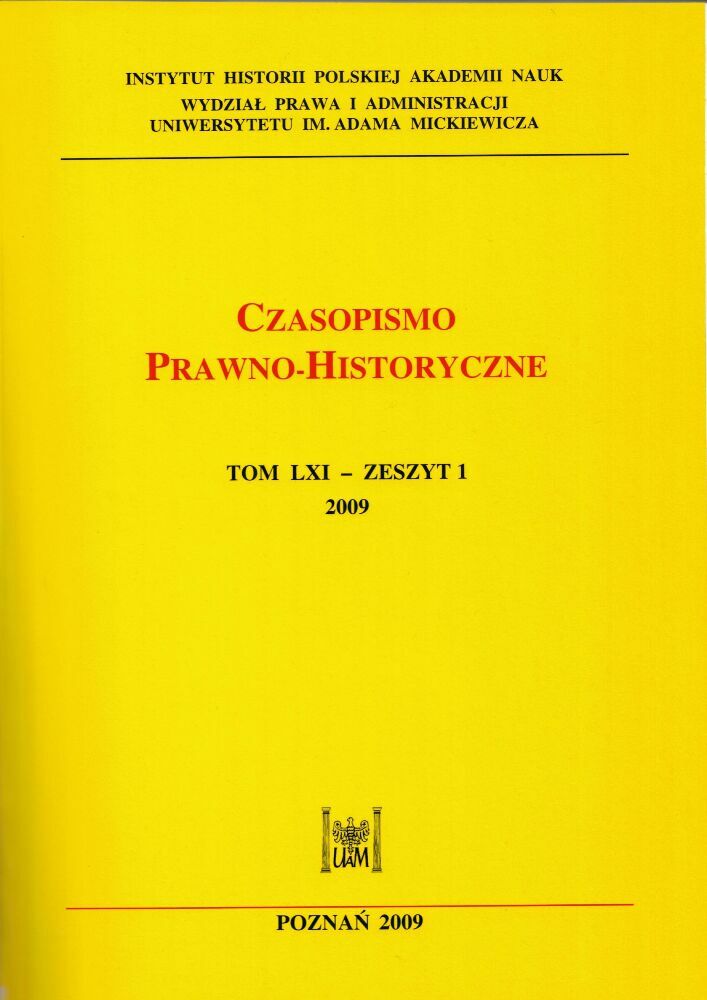Abstrakt
The Polish Liquidation Committee was formed in Kraków on 28 October 1918. Its founders belonged to different political parties that were active in Galicia at the beginning of the 20th century. Their action was prompted by the imminent fall of the Austrian-Hungarian Empire. However, the Committee held the actual power in Western Galicia for the first three months only as from the very beginning the plan was that the reign over the whole Galicia would be soon taken over by a government in Warsaw. The Committee consisted of 23 former deputies Reichsrat, headed by Wincenty Witos. It operated through 12 departments, of which the Administrative Department played a key role. The first official guidelines according to which the Committee was to continue its activities were passed at a plenary session on 4 December. The main task was to prepare grounds for making Galicia part of the Polish territory. While carrying out that task, the Committee was to "temporarily hold the legislative as well as executive power." The legislative powers covered practically all aspects of the economic and social life, and the main legislative acts included a decision to liquidate the two tier (state and county) local authorities and create one organ of local representation in the person of a commissaire. Consequently, some further changes in the composition of self-governing organs followed. Foreign policy, however, and to some extent military matters, were excluded from the Com[1]mittee's scope of competences.
Finansowanie
Digitalizacja i Otwarty Dostęp dofinansowane przez Ministra Edukacji i Nauki w ramach umowy nr BIBL/SP/0002/2023/1
Licencja
Copyright© 2009 Wydział Prawa i Administracji UAM w PoznaniuOPEN ACCESS




